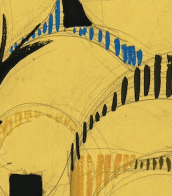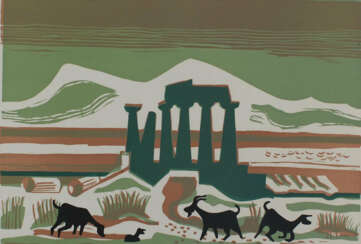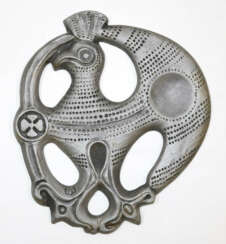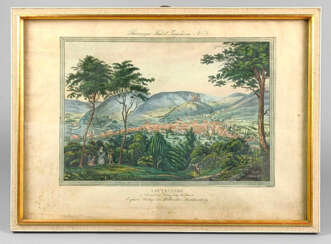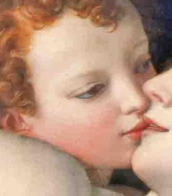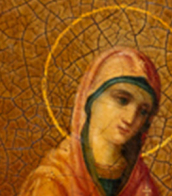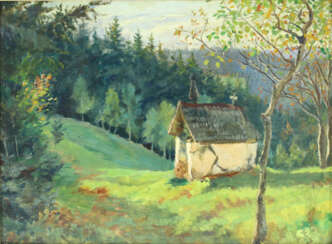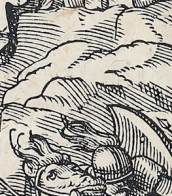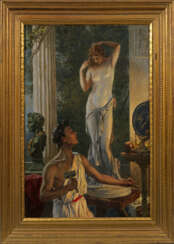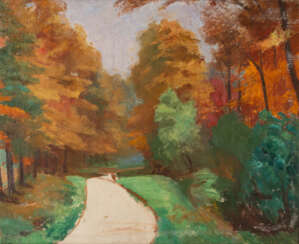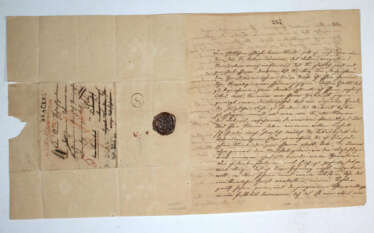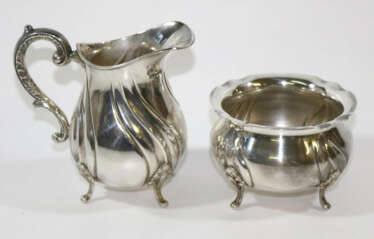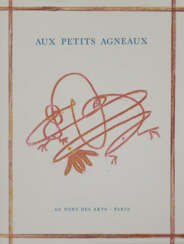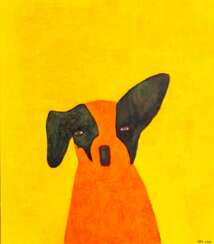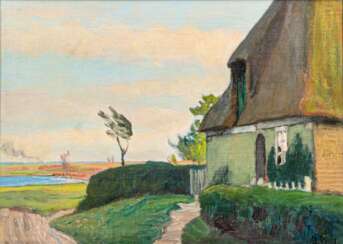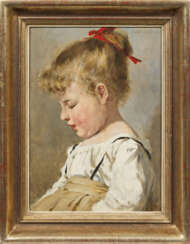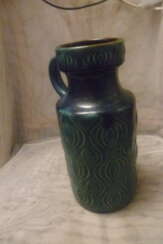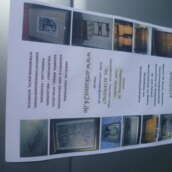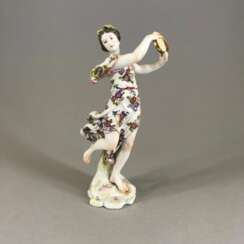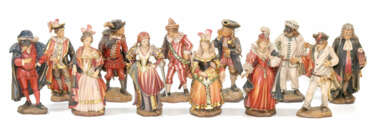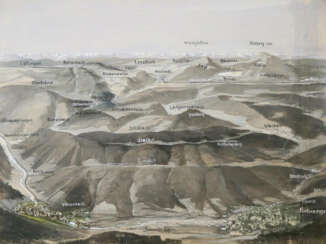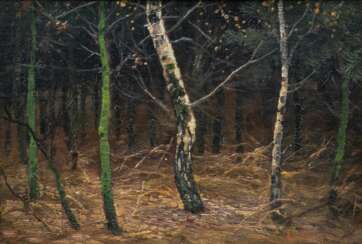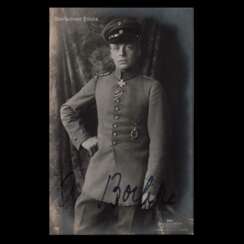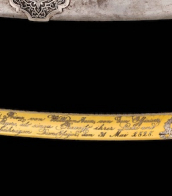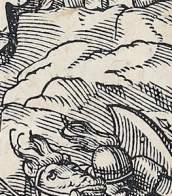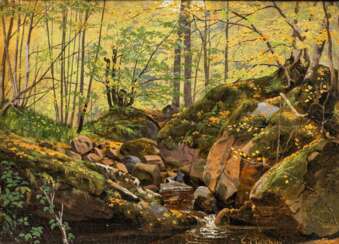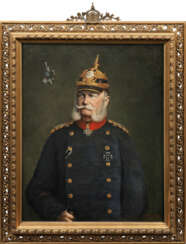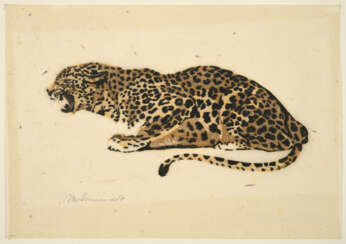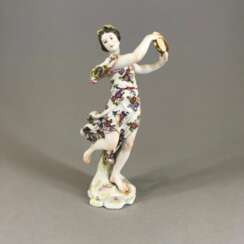wald
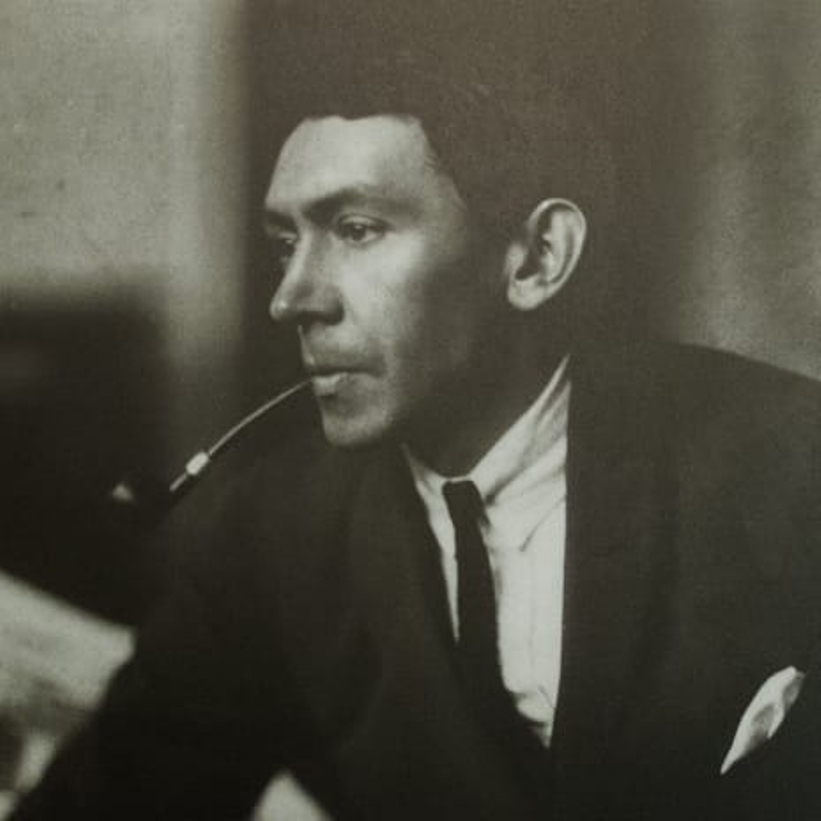
Richard Seewald was a German painter, graphic artist, illustrator and educator.
Seewald studied architecture at the Munich Polytechnic Institute, but soon turned to painting and collaborated with magazines that published his cartoons. He soon mastered etching and etching, became a member of the New Munich Secession in 1913, and illustrated an edition of Robinson Crusoe, Penthesilea (Heinrich von Kleist) and his first book.
In 1924 Seewald was appointed to a teaching position at the Werkschule in Cologne; in 1931 he settled in Ticino, where he received commissions for murals in churches and other church buildings. In 1954 Richard Seewald accepted an offer to become a professor at the Academy of Fine Arts in Munich, and resigned four years later after a disagreement with the academy's presidium. After his wife's death, he burned about 150 of his paintings, as well as hundreds of sketches, drafts, and correspondence. In the late 1960s, Seewald designed windows for the Herz-Jesu-Kirche (Sacred Heart Church) in Munich-Neuhausen and St. Michael's Church in Iserlo.
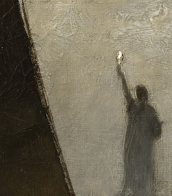
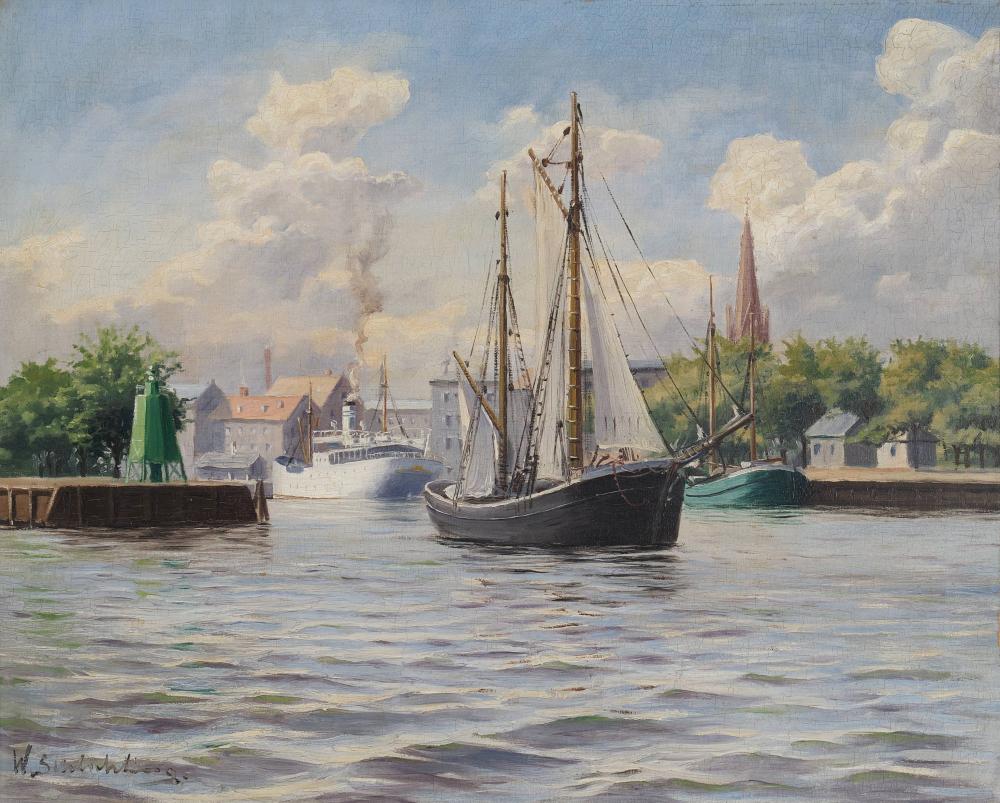
Waldemar Schlichting is a twentieth-century German landscape painter known for his works on the sea.

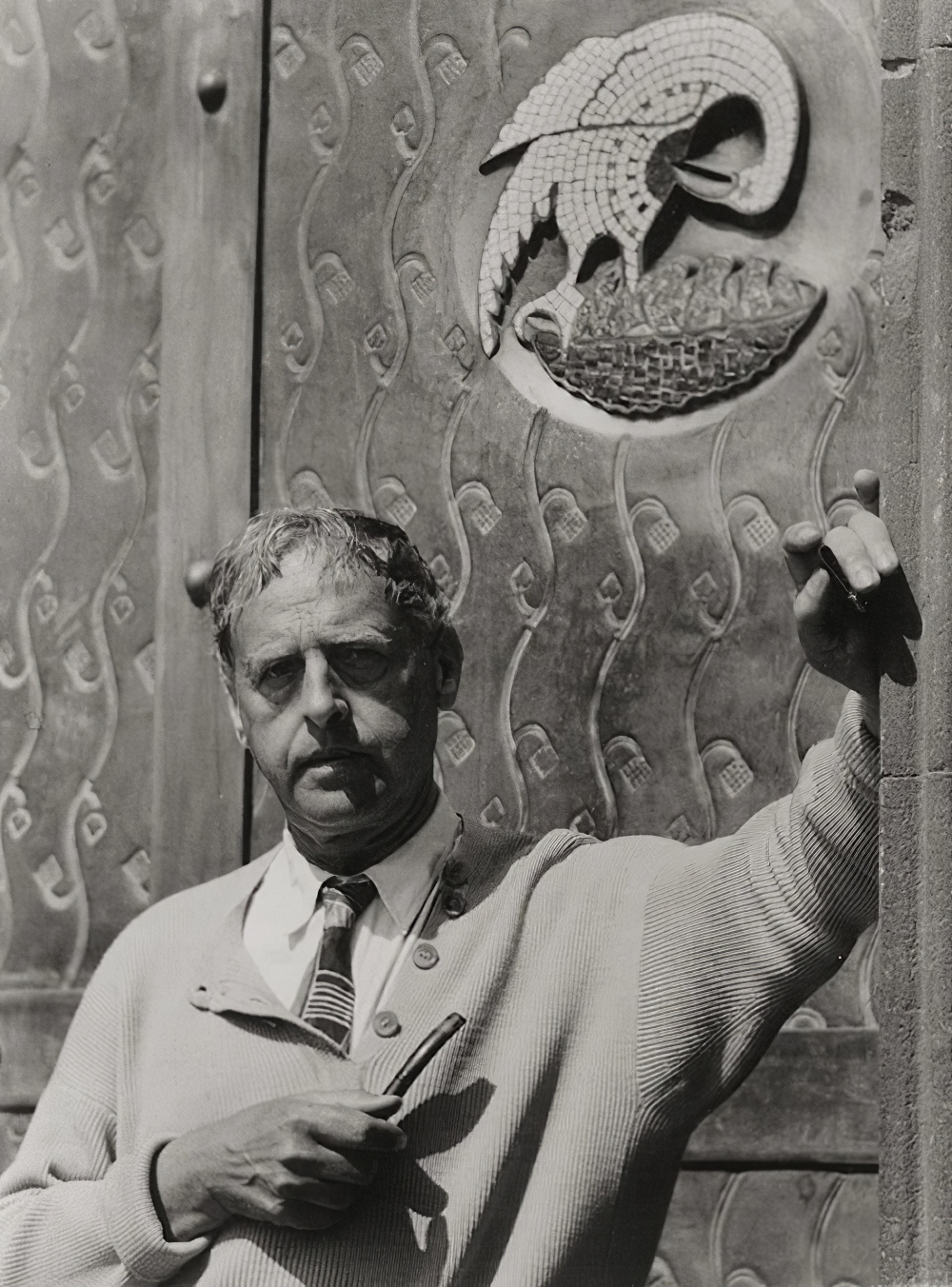
Ewald Wilhelm Hubert Mataré was a German painter and sculptor, who dealt with, among other things, the figures of men and animals in a stylized form.

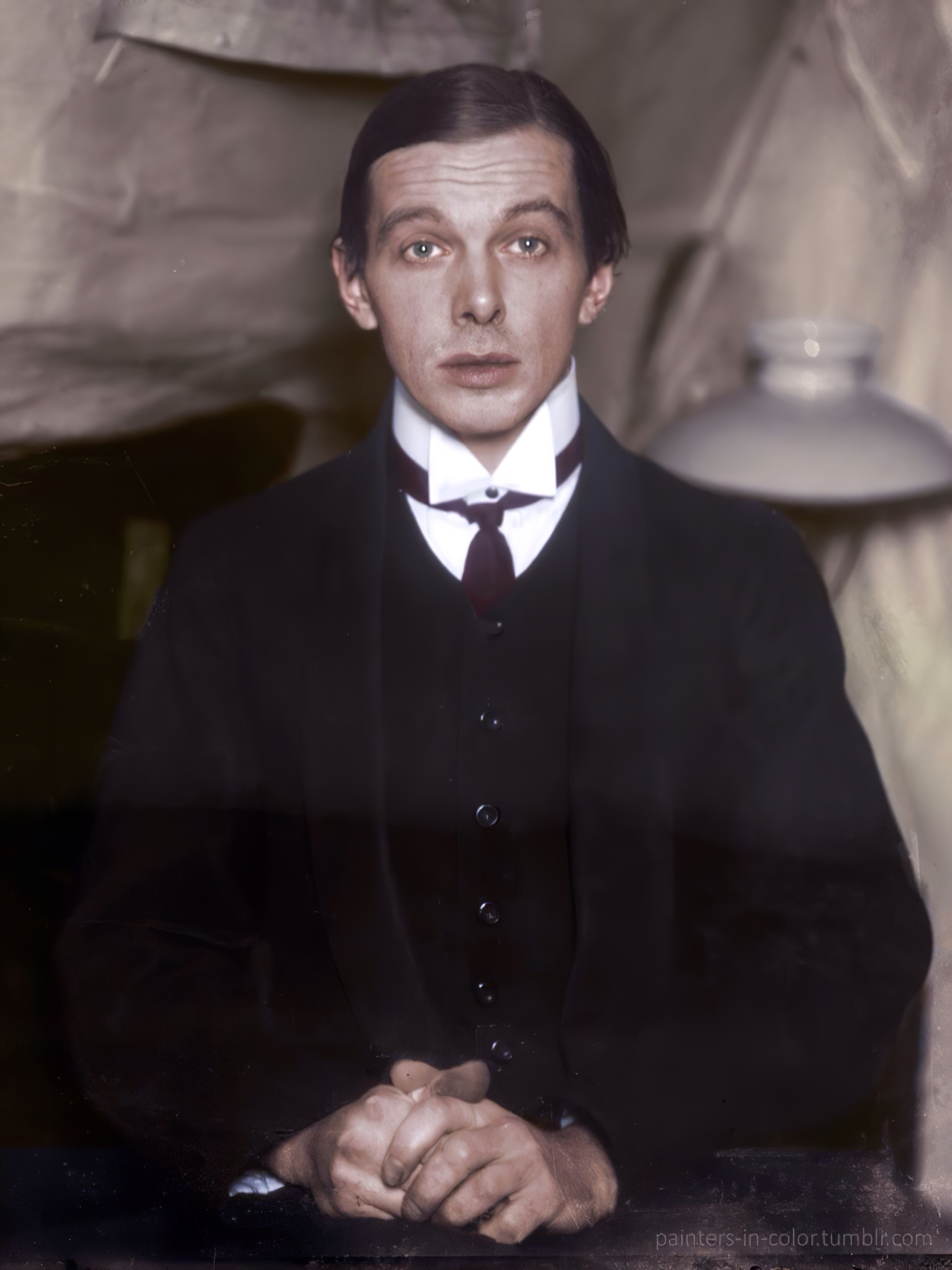
Ernst Ludwig Kirchner was a pivotal figure in the art world, known for his profound impact on 20th-century Expressionism. Born in Bavaria, Germany, on May 6, 1880, Kirchner's journey into art began with architecture studies before he found his true calling in painting and printmaking. In 1905, alongside fellow architecture students, he co-founded Die Brücke ("The Bridge"), a group that sought to revolutionize art by bridging the gap between traditional academic styles and modern artistic expression. This group was instrumental in the development of Expressionism, advocating for intense emotion conveyed through vivid colors and bold lines.
Kirchner's work, characterized by its expressive intensity and often exploring themes of urban life and the human psyche, reflects a deep engagement with the cultural and social upheavals of his time. Notably, his experiences during World War I, including a mental breakdown and subsequent discharge from military service, deeply influenced his art. Works like "Self-Portrait as a Soldier" (1915) poignantly encapsulate the personal and societal trauma of the era.
After the war, Kirchner sought solace in Davos, Switzerland, where the tranquil landscapes inspired a new direction in his work, showcasing a more serene and reflective approach. Despite his contributions to modern art, Kirchner's later years were marred by the Nazi regime's denunciation of his work as "degenerate," leading to the destruction and dispersal of many pieces. Tragically, this persecution contributed to his decision to end his life on June 15, 1938.
Kirchner's legacy is preserved through his influential body of work, from vivid urban scenes to tranquil landscapes, all marked by a distinctive, expressive style that continues to captivate art collectors and experts. His works are held in major museums worldwide, including the Museum of Modern Art in New York and the National Gallery of Art in Washington, underscoring his enduring influence on the art world.
For those interested in the profound impact of Ernst Ludwig Kirchner on modern art and Expressionism, subscribing to updates on new product sales and auction events related to his work can provide valuable insights. This subscription is an opportunity for collectors and art experts to stay informed about the availability of Kirchner's influential pieces and related events.
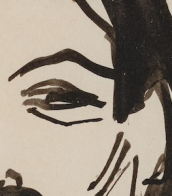
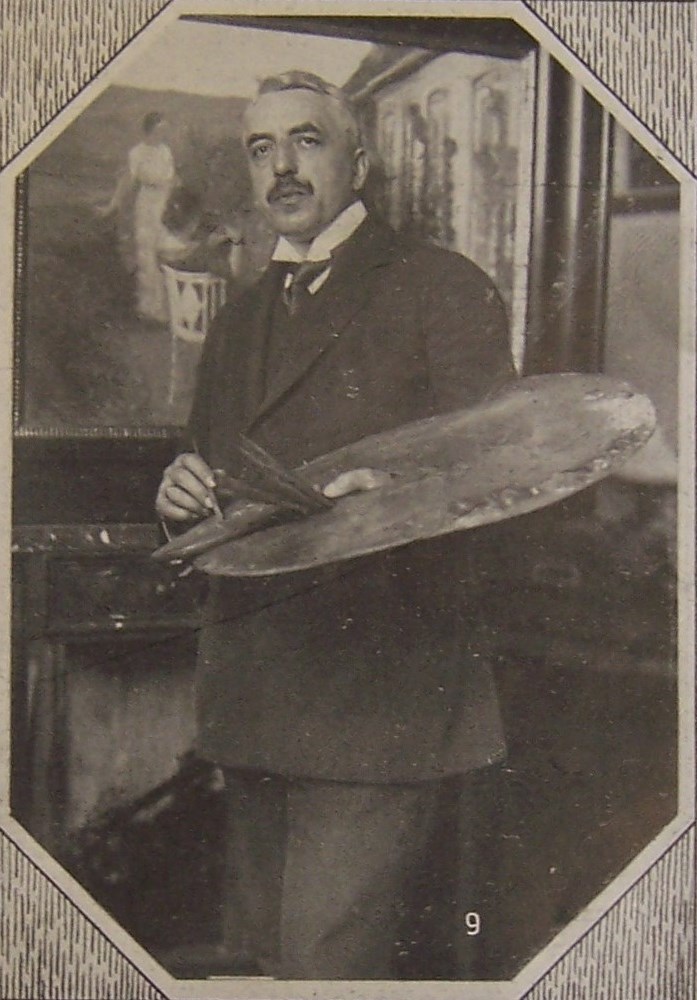
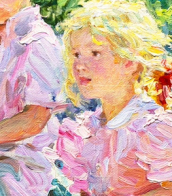
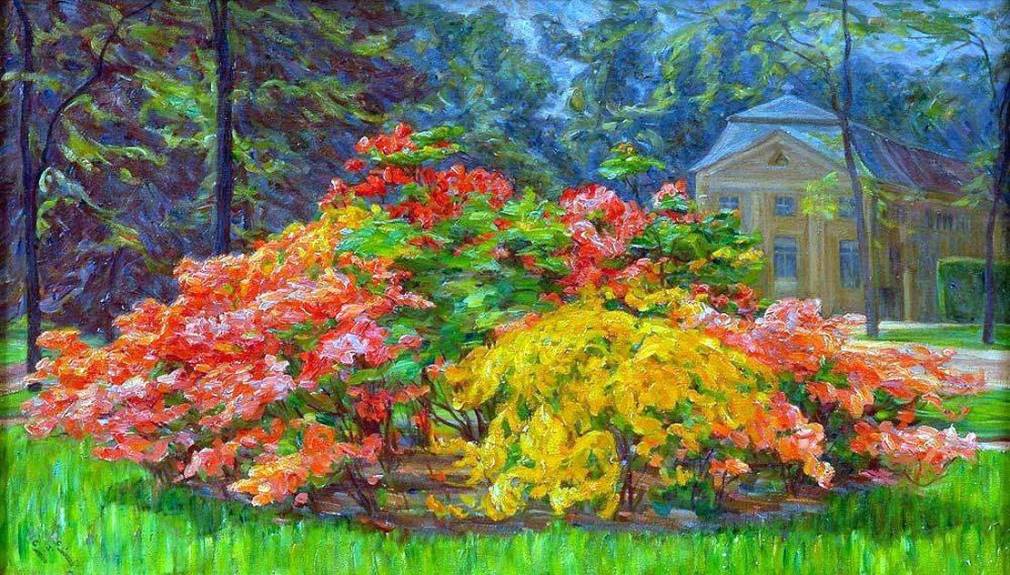

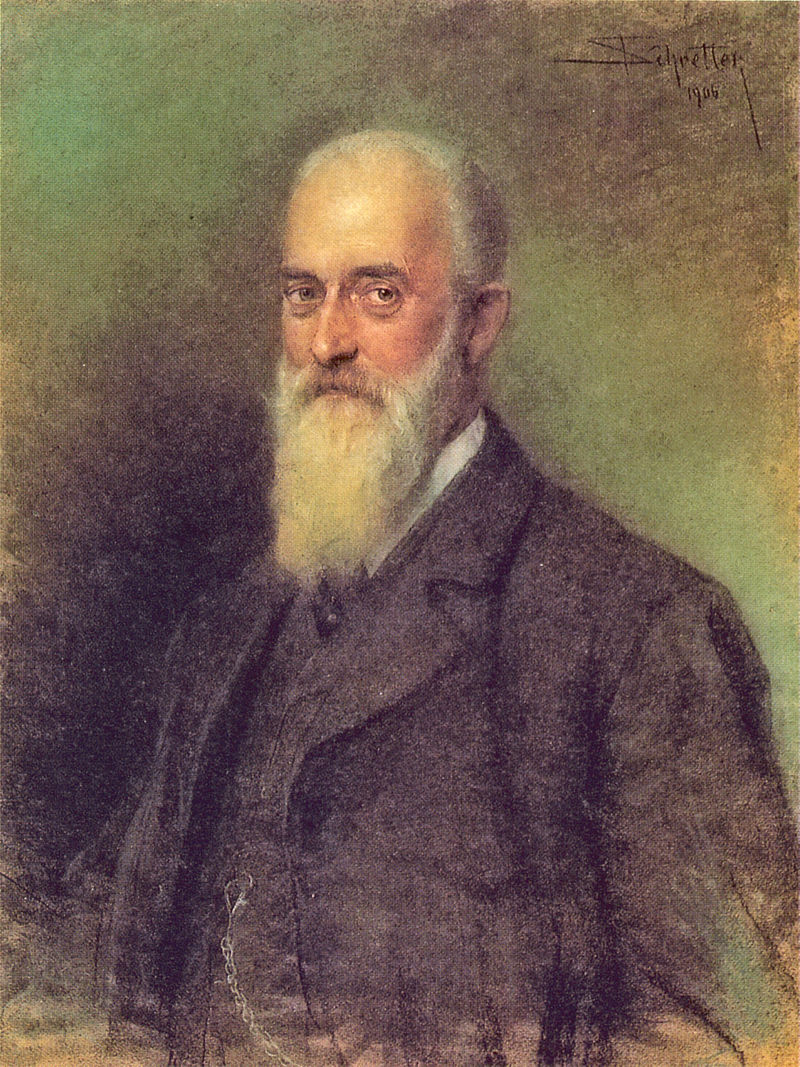

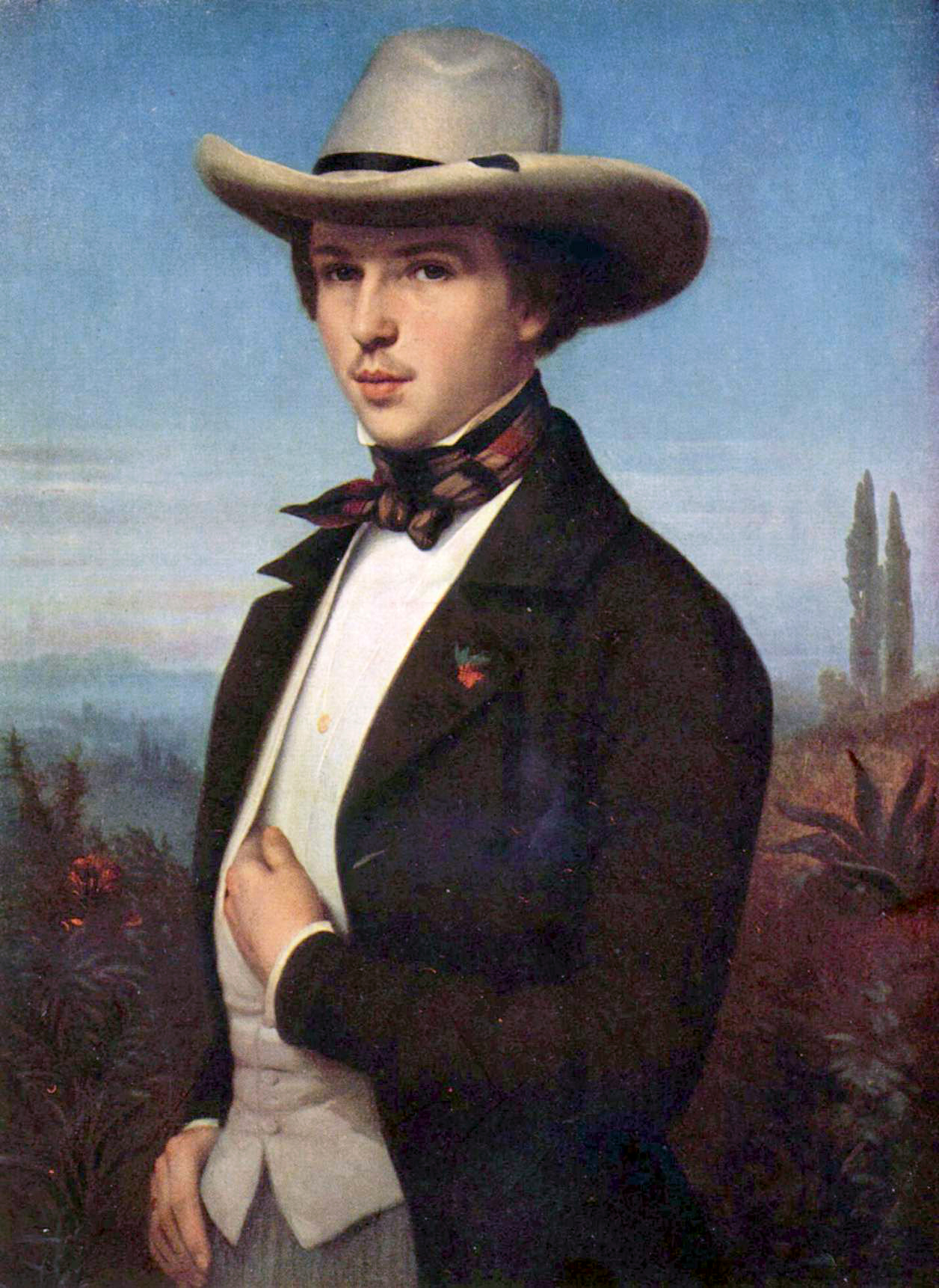
Oswald Achenbach was a German painter associated with the Düsseldorf school of painting. Though little known today, during his lifetime he was counted among the most important landscape painters of Europe. Through his teaching activities, he influenced the Kunstakademie Düsseldorf. His brother, Andreas Achenbach, who was twelve years older, was also among the most important German landscape painters of the 19th century. The two brothers were humorously called "the A and O of Landscapes" (a reference to their initials matching a common German reference to the Alpha and Omega).
